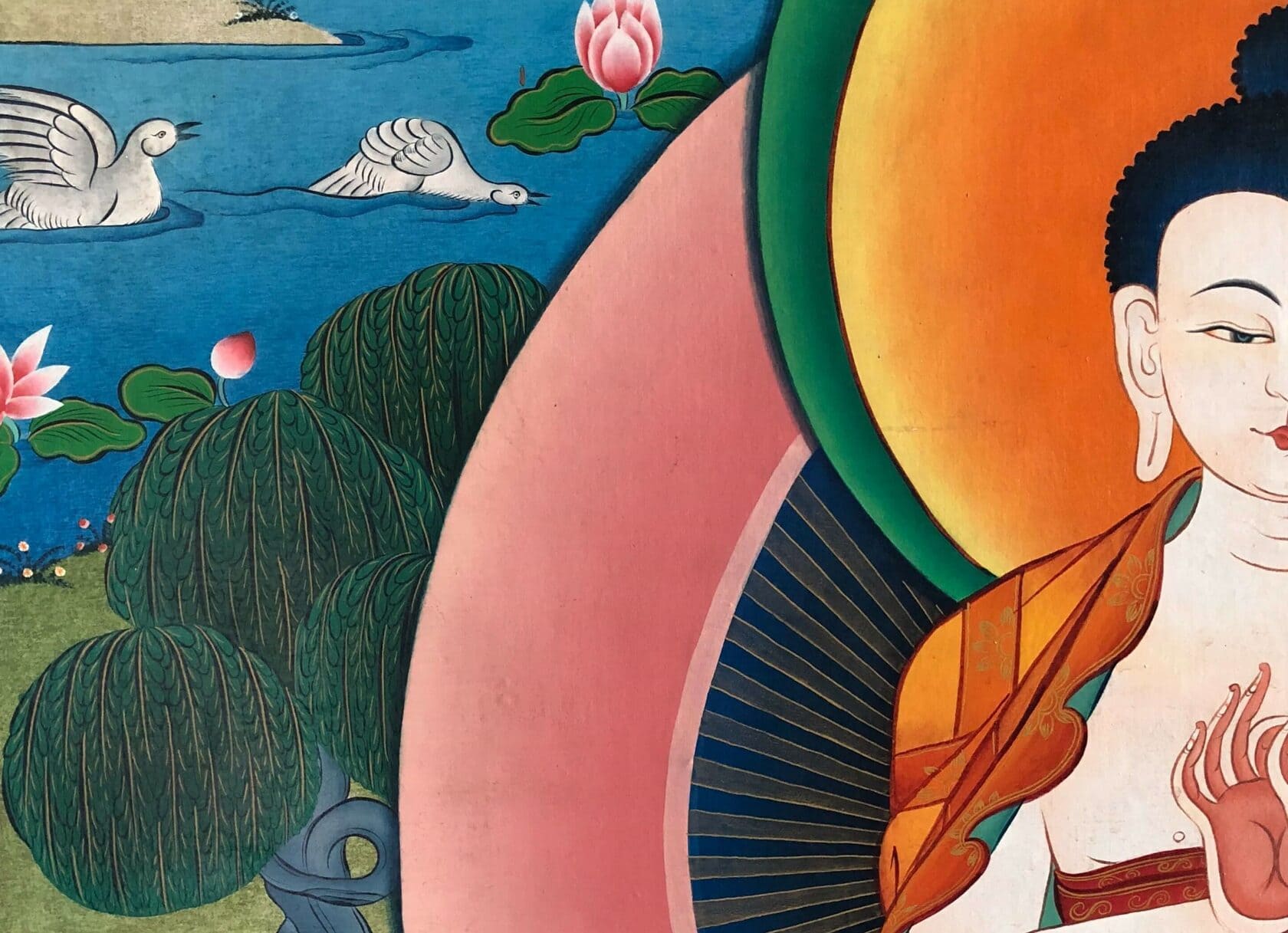Song of the Soul of Shankaracharya

Who is Adi Shankaracharya?
Adi Shankaracharya (788 - 820) - Indian philosopher, thinker, poet and religious reformer.
https://youtu.be/dKl4Mgz2YeE
He is considered the creator of the philosophical system of Advaita Vedanta (non-dual), which states that the basis and root cause of the whole world is the Absolute (Brahman). The diversity of the manifested world is caused by fluctuations of its creative energy - Maya. However, avidya or ignorance does not allow us to see the unity of all objects and Brahman (we will talk about this in more detail in future articles).
Most likely, Shankara tried to present the understanding of the World that was revealed to him as a result of practice. So we have a “new” belief system. Although such an understanding arises among practitioners of different development systems, not everyone expresses it in verbal form. In addition, Shankara's creative talent allowed him to express his realizations in poetic form. What we can use with success.
What is the Song of the Spirit of Shankaracharya?
One of the famous “songs” of Shankaracharya is “Song of the Spirit” - a text that can help you begin to change your worldview (picture of the world) to another, closer to the yogic one.
The song gives a preliminary understanding that the true “I” is not what we are used to considering as our own “I” (consciousness, environment, personality, material things, etc.). The True Self or soul is something that lies beyond this and is one with the Absolute (Shiva). Gaining this understanding is difficult, but through yoga methods it is possible. Actually, this is the purpose of yoga. There are many interpretations of translations of the Song of the Soul (Spirit), but all of them can only give an approximate understanding of what the author of the Song meant.
Nevertheless, using the Song of the Spirit in your practice is useful for any level of practitioners.
What is the Song of the Spirit for?
Repeat the Song to yourself as a mantra when performing yoga exercises and your mood will change in the right direction, and your psychoenergetic state will stabilize.
If we remember the Yoga Sutras, it says that:
“By cessation of effort [or] concentration on the infinite [the Asana is achieved].”
Yoga Sutras by Patanjali.
➤ Download “Yoga Sutras” of Patanjali and “Vyasa-bhasya”
The Song of the Spirit describes in poetic form what Patanjali meant when he spoke of the infinite.
Accordingly, by calming Chitta (thoughts, etc.), tuning in (striving towards unity with our Soul), we can see our true essence, which, like Brahman, has no boundaries.
This is a completely understandable, practical benefit of the Song of the Spirit. All that remains is to learn it.
Song of the Soul by Adi Shankaracharya
I am neither ego nor reason, I am neither mind nor thought,
I cannot be heard nor cast into words, nor by smell nor sight ever caught:
In light and wind I am not found, nor yet in earth and sky –
Consciousness and joy incarnate, Bliss of the Blissful am I.
I have no name, I have no life, I breathe no vital air,
No elements have moulded me, no bodily stench is my lair:
I have no speech, no hands and feet, nor means of evolution –
Consciousness and joy am I, and Bliss in dissolution.
I cast aside hatred and passion, I conquered delusion and greed;
No touch of pride caressed me, so envy never did breed:
Beyond all faith, past reach of wealth, past freedom, past desire,
Consciousness and joy am I, and Bliss is my attire.
Virtue and vice, or pleasure and pain are not my heritage,
Nor sacred texts, nor offerings, nor prayer, nor pilgrimage:
I am neither food, nor eating, nor yet the eater am I –
Consciousness and joy incarnate, Bliss of the Blissful am I.
I have no misgiving of death, no chasms of race divide me,
No parent ever called me child, no bond of birth ever tied me:
I am neither disciple nor master, I have no kin, no friend –
Consciousness and joy am I, and merging in Bliss is my end.
Neither knowable, knowledge, nor knower am I, formless is my form,
I dwell within the senses but they are not my home:
Ever serenely balanced, I am neither free nor bound –
Consciousness and joy am I, and Bliss is where I am found.
Of course, it is difficult to realize what “bliss of the blessed” or “embodied consciousness and joy” or “I am Shiva” (there is no translation in this version) is until it is realized in practice.
Understanding the answers to these questions will come gradually.